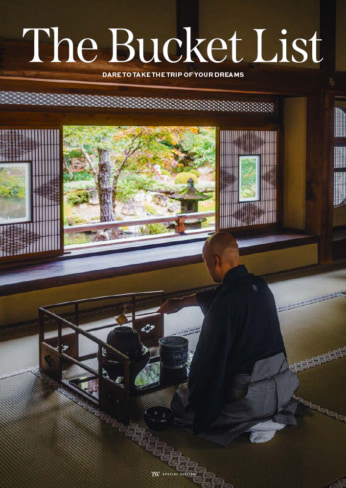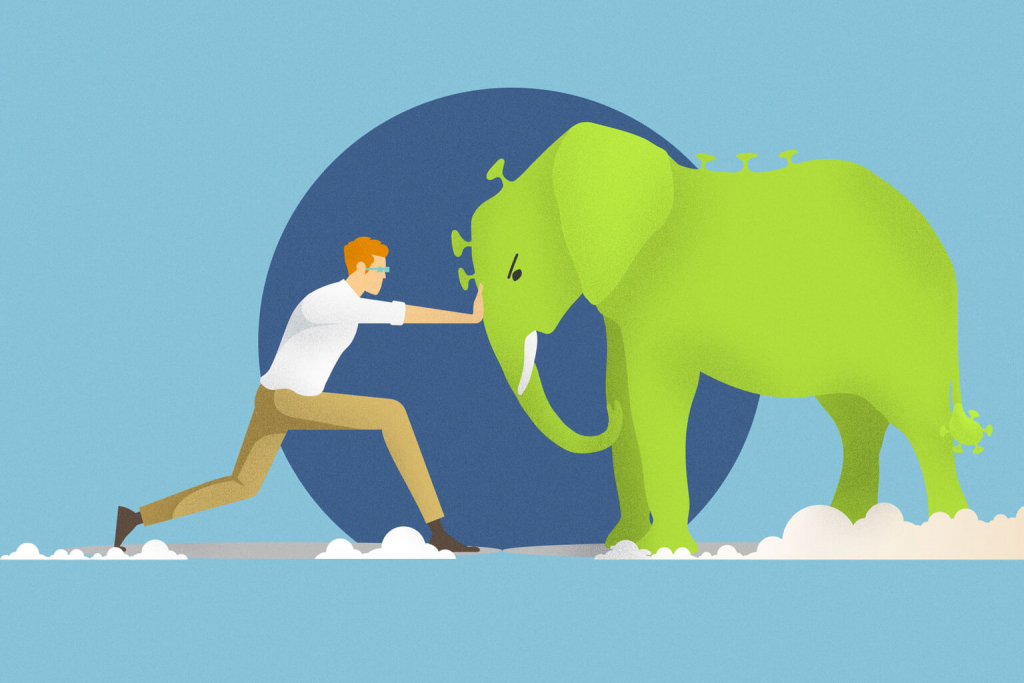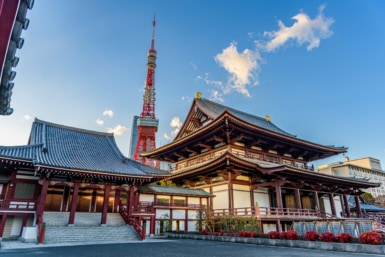The Covid pandemic is the elephant under the kotatsu. It dominates dinner table conversation. For many of us in Japan the new coronavirus first entered our lives aboard the Diamond Princess, the cruise ship ominously docked in Yokohama in February 2020.
I remember Tokyo Weekender community strategist Alex Shapiro rushing to my desk, frantically asking how we, as a news outlet, were going to cover the spreading pandemic. My heart sank. That was the moment I knew the new coronavirus, Covid-19, corona, whatever you want to call it, was going to stink every aspect of our lives like a goddamn elephant shitting under the table.
There’s nothing sexy about writing about a pandemic. I wanted to write about fizzy drinks at the hot new Ginza nightclub. Instead, I had to focus on toilet paper shortages and the most effective varieties of hand sanitizer.
We are launching a special section with essential information related to the coronavirus, including what to do and where to call for any COVID-19-related inquiries. https://t.co/o5AAiWtbUb pic.twitter.com/8f8mdC7HQQ
— Tokyo Weekender (@Tokyo_Weekender) April 3, 2020
In the middle of the pandemic, our editor-in-chief Annemarie Luck returned to South Africa and I was tabbed to fill her dance shoes. Being editor of Tokyo Weekender was the opportunity of a lifetime. It was everything I had worked for. In its 50th year, the publication was the longest-running English-language lifestyle magazine in Japan.
Now I was in charge, and the world was going to shit. (And remember: no toilet paper!)
Relearning to be Hyperlocal
The first order of business was to refocus our content, which was geared to the buildup of the Tokyo 2020 Olympics and our 50th-anniversary celebrations. Now all of that was gone.
The first time I was hired as an editor-in-chief was for a small-town newspaper in my home state of Iowa. Back then we were dealing with another kind of pandemic — an economic one. The 2007 Lehman Shock was well underway. Newspapers in America were going belly up left and right.
Every Friday at our office it was a guessing game who would be laid off next. We closed down our printing press and shipped it off to Argentina. We took week-long unpaid vacations (I had enough miles saved up to take a free trip to Tokyo).
At the end of 2008 (or 2009 – too much Strong Zero has made my memory hazy), our publishing company earned a total annual revenue of $1,000. We were the second-highest earner in the US operations of one of the world’s largest publishing companies.
Is it controversial to say that Japan is going to be OK? https://t.co/0DDti5NvVv
— Nick Narigon (@NickOfTime2020) May 9, 2020
In the aftermath of the Lehman Shock, media researchers reported that small-town newspapers were the only publications making money. Simply because we were creating unique content for a niche audience who were still paying subscriptions and buying advertising. They coined a term for this – hyperlocal.
Similarly, in the midst of the Covid-19 pandemic, Yoshiharu Hoshino, CEO of Hoshino Resorts, coined the term micro-tourism. He targeted local guests and collaborated with local businesses – earning accolades from the Japanese government for his success.
At TW, rather than focusing our content on inbound travel, we embraced the international community who were in Tokyo with us. Along with the misses, we had a few hits.
We launched our monthly neighborhood guides, focusing on the new happenings and openings in the areas frequented and inhabited by Tokyo’s international community.
In addition to the TW Together campaign, we invited our favorite Tokyo-based talents to record performances for the TW Lockdown Party. This begat the TW Livehouse online concert series.
For years TW has written reviews and promoted events for Tokyo-based musicians. It was time these freeloaders paid the piper.
For our first live stream, DJ and producer Risa Taniguchi set up shop in UltraSuperNew Gallery in Harajuku where five of us got to enjoy an impressive set of music that was also shared with our Facebook audience.
Singer-songwriter Andrew Sloman recorded a show to coincide with the release of his Message of Hope EP. His livestream on the TW Facebook page had more than one million views.
The personal high for me was eating a dehydrated tarantula with The Voice top-10 finalist Josiah Hawley in the basement of Garret Interior Furniture Shop in Kamimeguro. Perhaps one day that YouTube video will have one million views.
Goodbye Tokyo
An opportunity then arose for our family to move to Singapore. It was too good to pass up. After nearly a decade in Tokyo, it was time to say goodbye (though we have some stuff in storage so we’ll have to return at some point).
As my last hurrah for Tokyo Weekender, a group of TW Insider’s Club members and myself traveled to Minakami where Adventure Partner founder Cory McGowan led us up Mount Tanigawa to complete the TELL Step-Up Challenge. For our efforts we were recognized by TELL Japan with the Awareness Award.
Most importantly, my last issue of TW was the largest ever (80 pages) all on FCE-certified paper.
I was fortunate enough to be just one member of a strong, dedicated team that made this all happen. The experienced leadership team and talented staff still working every day to make TW the best it can be ensure that the magazine will live on for another 50 years and longer.
I’m proud to have been a small part of the storied history of this Tokyo institution.








